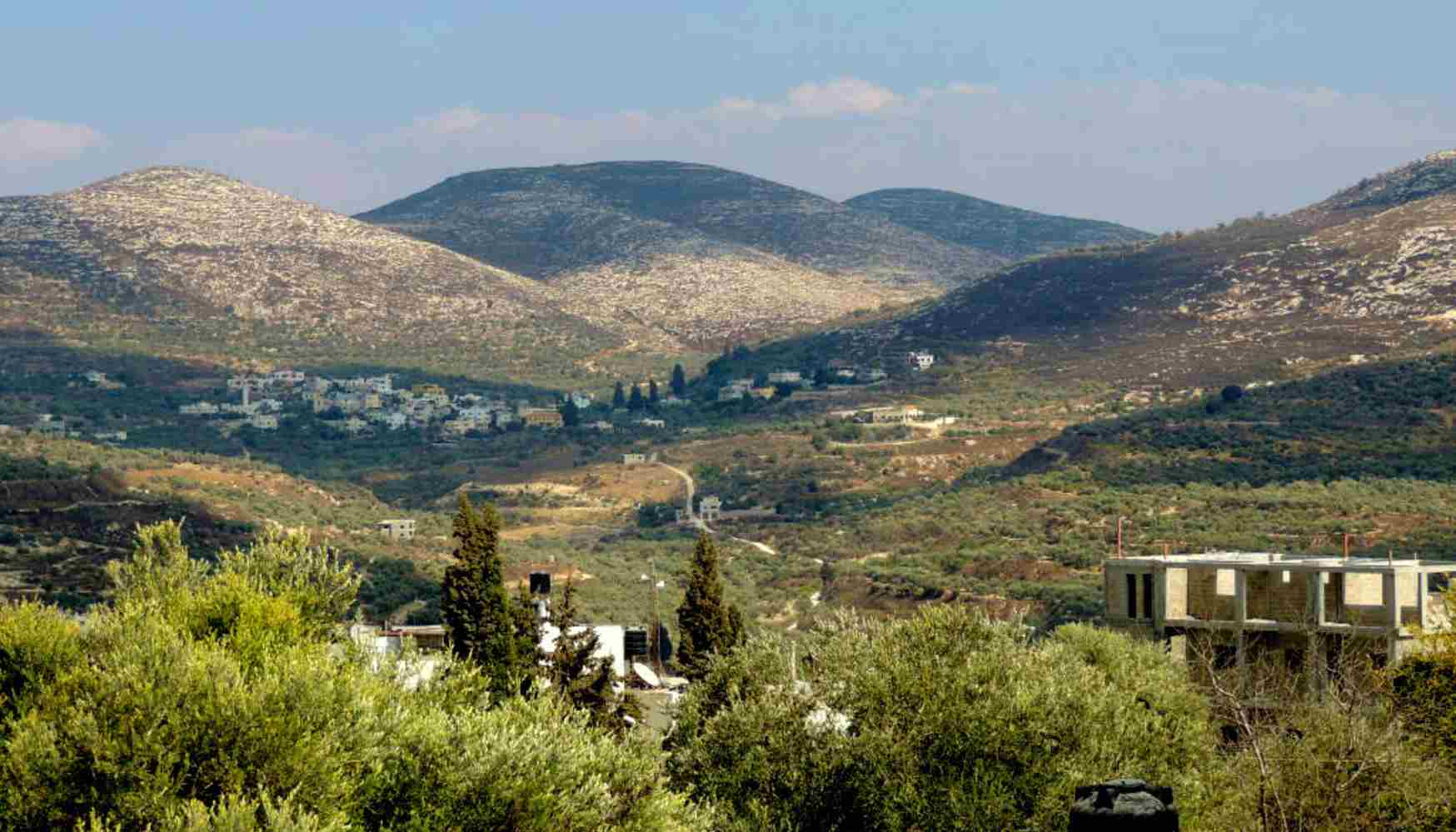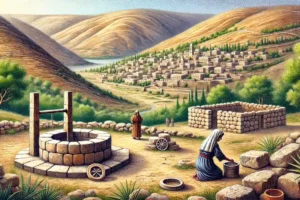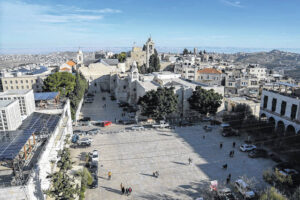
Samaria: Region Central to Samaritans
Samaria is a region of significant historical and biblical importance, especially in the context of its central role to the Samaritans. Here are some quick facts about Samaria:
- Geographical Location: Samaria is located in the central part of ancient Israel, between Galilee in the north and Judea in the south.
- Historical Significance: It served as the capital of the Northern Kingdom of Israel following the split of the united monarchy after the reign of Solomon.
- Biblical Relevance: Samaria is frequently mentioned in the Bible, notably in the books of Kings and Chronicles, where it was depicted as a center of complex political and religious dynamics.
- Cultural Identity: The region is synonymous with the Samaritans, a group that emerged from a mix of Israelites left behind after the Assyrian conquest of 722 BCE and various foreign settlers brought in by the Assyrians.
- Religious Distinctiveness: Samaritans developed their own religious identity, which included a version of the Pentateuch slightly different from the Jewish Torah, and they maintained a rival temple to Jerusalem on Mount Gerizim, which they considered the true holy place ordained by God.
- New Testament Context: In the New Testament, Samaria is noted in the narratives of Jesus’ travels and his interactions with Samaritan people, most famously in the Parable of the Good Samaritan and the story of Jesus speaking with the Samaritan woman at the well.
- Archaeological Findings: Archaeological excavations in Samaria have uncovered remnants of significant buildings, including the palace of Omri and Ahab, as well as evidence of the region’s rich and complex history through various periods.
The region of Samaria, deeply rooted in ancient history, holds a complex legacy that spans biblical times to the present day. A detailed analysis reveals its theological, historical, and contemporary relevance, underlining its enduring significance in both cultural and religious contexts.
Ancient Samaria: Historical and Biblical Context
- Capital of the Northern Kingdom: Established by King Omri around 880 BCE as the new capital of the Northern Kingdom of Israel, Samaria replaced Tirzah due to its strategic advantages, including better defense capabilities and control over trade routes. It was the scene of significant biblical events, particularly during the divided monarchy period.
- Biblical Narratives and Theology: Samaria is prominent in the narratives of the Kings, where it often symbolizes Israel’s apostasy and the prophetic struggles against idolatry. Prophets like Elijah and Elisha performed miracles and confronted royal authority here, emphasizing themes of divine judgment and mercy.
- Assyrian Conquest: In 722 BCE, Samaria fell to the Assyrians after a three-year siege, leading to the deportation of the Israelite elite and their replacement with foreign populations. This event is critical in understanding the emergence of the Samaritans, who claimed descent from the Israelites left behind and intermarried with foreign settlers.
Samaritans: Religious and Cultural Identity
- Emergence of the Samaritans: The Samaritans evolved as a distinct group around the 5th century BCE. They accepted only the Pentateuch as their scripture and built a rival temple on Mount Gerizim, which they regarded as the true sanctuary appointed by God, in contrast to the Jewish temple in Jerusalem.
- Theological Implications: The rivalry between the Jews and the Samaritans was not only political but also deeply theological, involving disputes over the correct place of worship and the authenticity of religious texts. Jesus’ interactions with the Samaritans, as depicted in the New Testament, challenge these hostilities and offer a message of inclusivity and divine grace that transcends ethnic and religious boundaries.
Modern Context: Current Samaria
- Contemporary Geography: Today, Samaria refers to a part of the West Bank, a region with ongoing political and territorial disputes. The name is often used in Israeli and Christian contexts to refer to this northern part of the West Bank.
- Archaeological and Cultural Legacy: Modern archaeological excavations in ancient Samarian sites like Sebastia (the site of ancient Samaria) continue to uncover layers of its rich history, shedding light on the region’s significance through different empires and epochs.
- Theological Reflections: The historical and contemporary realities of Samaria invite theological reflections on issues such as land, identity, and conflict. The biblical narratives associated with ancient Samaria serve as a lens through which to view its modern complexities, encouraging a dialogue that considers themes of reconciliation, justice, and peace.
Conclusion
Samaria’s history from its biblical origins as the center of the Northern Kingdom through its development into a focal point of Samaritan identity and to its role in contemporary geopolitical discussions, illustrates a unique continuity and evolution of a geographical and spiritual concept. Its story invites ongoing exploration and interpretation, particularly in how ancient narratives can inform current understanding and relations in a historically rich and contested space.



